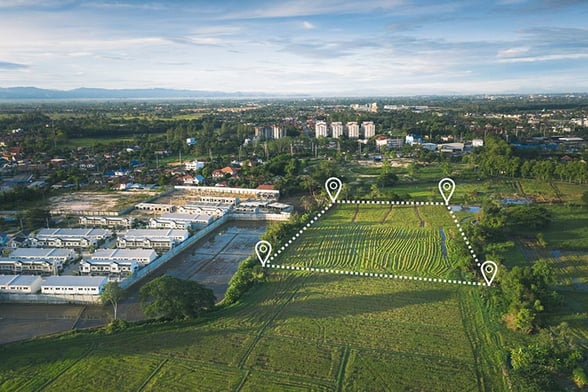
Investments in Opportunity Zones (often referred to as QOZ investments or Qualified Opportunity Funds) may offer potential for taxpayers to defer paying taxes on capital gains they have earned, while also seeking to earn more by reinvesting those gains. As a potential additional incentive to consider QOF investments, the program is intended to enhance economic development in lower-income areas.
What Is the Qualified Opportunity Zone Program?
The 2017 Tax Cuts and Jobs Act, sometimes called the tax reform reconciliation act, included new tax incentives in Internal Revenue Code Subchapter Z, which created Opportunity Zones designed to encourage investment in specified economically challenged communities. Investors direct the capital gains on which they prefer to defer paying the taxes into Qualified Opportunity Funds which then invest the capital into projects in the designated areas, following specific rules.
In return, a taxpayer can earn the deferral of taxes, and potentially a reduction as well. Taxes due on the gains are deferred as long as the capital remains invested in the qualified fund. When the investment is sold or otherwise disposed of, the deferral period ends. The deferral also is set to end on December 31, 2026.
If the investor keeps the funds in the QOF for five years or more, the amount of the tax owed can be reduced by 10%. If the investor holds the QOF investment for seven years, the
reduction will be 15%. Maintaining the QOF investment for ten or more years will afford the taxpayer the benefit of both the 15% decrease and will relieve the taxpayer of capital gains due on appreciation (if any) on the QOF investment. To be eligible for deferral, taxpayers must file Forms 8949 and 8997.
However, if the QOF investment does not meet the standards set by the program, the deferral and reductions may not be allowed. The standards are strict, and some experts speculate that concern over outcomes as well as confusion over the guidelines may deter investors from taking the plunge. Jonathan Miller of Parsonex Capital Partners recently commented that some of the complexity in the program seems unnecessary, and suggested that it would be more effective and better subscribed to if it were easier for both sponsors (fund managers) and investors to understand and follow the rules.
What Can a QOF Do to Meet the Requirements?
The Qualified Opportunity fund must buy property in a designated opportunity zone (there are almost 9,000 zones throughout the United States and its territories) and then achieve substantial improvement of the property within 30 months. The definition of substantial improvement is essentially to double the value (strictly speaking, there must be additions to the basis that equal the adjusted basis, not including the land value).
The investment property can either be an existing business or a new development, as long as it is intended to satisfy the substantial improvement requirement. Some businesses are not permitted, such as golf courses, country clubs, massage parlors, racetracks, or facilities in which the primary purpose is to sell alcoholic beverages intended for offsite consumption (these are collectively referred to as “sin businesses”).
Some of the more common projects include residential housing like senior, affordable, and student focused, plus commercial projects including retail, hospitality, and office. Environmental and energy projects as well as self-storage and medical space are potential candidates for investment. Any investment that is worth considering absent the sweetener of the capital gains deferral may be even more so with the potential added benefit in the calculation.



